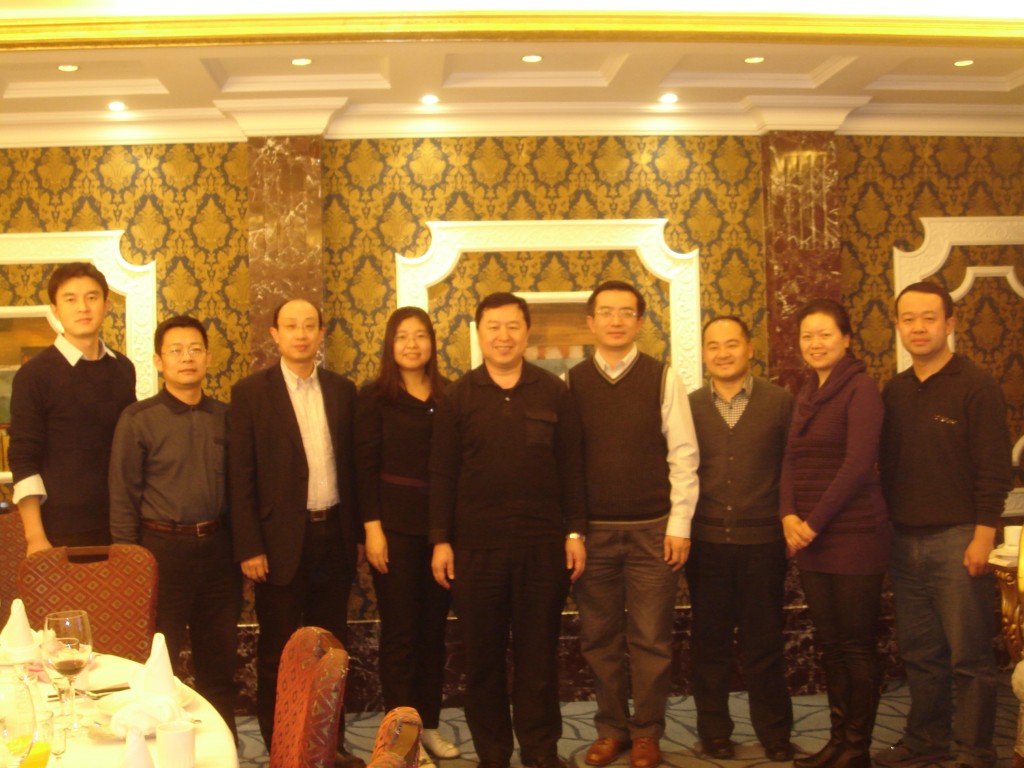GIGA International Conference Series One
The First International Conference organized by the Institute of Global Internet Governance and Advocacy at NALSAR University of Law was held on April 5-6, 2012 in Hyderabad, India. The Conference was named “Revisiting Internet Governance–Lessons Learned and Road Ahead”.
It was not a pleasant journey for me at all. I transferred from Bangkok. After waiting in non-aircon terminal of Royal Thai for 40 mintues, I finally boarded the flight from Bangkok to Hyderabad. Everything was fine until some drunk man hit my head and knocked leaned my glasses. It was incredible. Incredible India indeed. The glassed was fixed once at a local optical but still unusable. I had to put up with the whole week and the following one without glasses. It cost me more than $1,000 to make a new pair after coming back to Beijing. So it was a very expensive trip in my memory.
The conference itself was not bad. I talked in the first panel on an assigned topic “Adding a Billion–Challenges in Asia Pacific Word”. As always, I tried to present the dry topic interestingly. I specifically touched the issues of imposition of legal obligation on ccTLDs and legal enforcement’s threat to DNS neutrality. People from France, Japan, Jamaica and Gambia joined the conference as well. The domestic present was very impressive. Everyone I know in India showed up. In my blurred view (without glasses), they made forceful presentations from different prospective. Incredible equally.
Permalink Comments off



